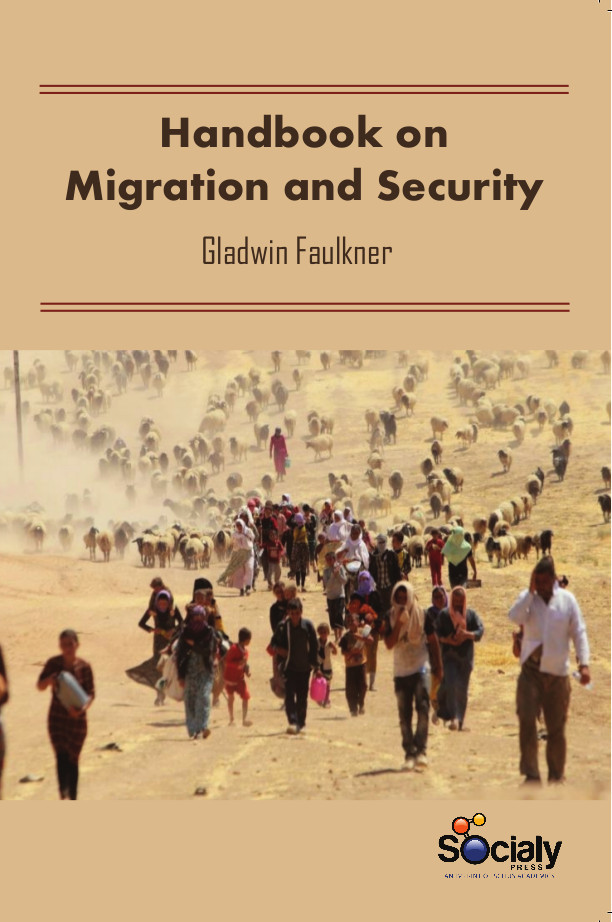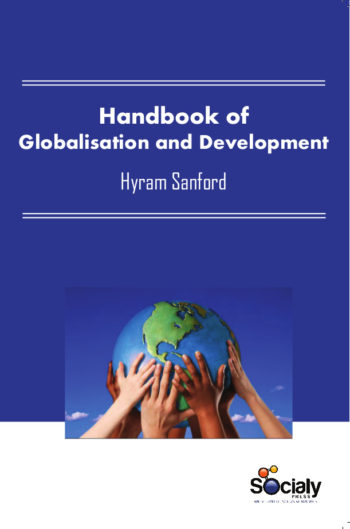The securitization of migrants and migration is nothing new: German citizens resident in the UK were interned there during World War II on the grounds that they may have been ‘fifth columnists,’ while Kurdish and Algerian Diasporas were associated with terrorist attacks in Western Europe during the 1970s and 1980s. But the perception of migration as a threat to national security has certainly heightened in recent years, in part as the security agenda has become more prevalent across many aspects of policy, and in part in response to the rapid rise in the number of international migrants. The field of Security Studies has undergone significant change during the past twenty years, and is now one of the most dynamic sub-disciplines within International Relations. It now encompasses issues ranging from pandemics and environmental degradation to more traditional concerns about direct violence, such as those posed by international terrorism and inter-state armed conflict.
Handbook on Migration and Security offers the wide-ranging cutting-edge studies from leading scholars in the field of Security Studies. It presents the comprehensive analysis of the significant associations between migration and security in a globalizing world, and provides original contributions suggesting innovative and emerging frontiers in the study of the securitization of migration. In an era of growing security concerns, Western democracies are increasingly caught between their global market and rights based norms on one side and political and security pressures to effectively control their borders, on the other. The arrival of large numbers of migrants, especially from very different social or cultural backgrounds than the receiving communities can also pose serious challenges to social cohesion. This can have practical implications for states, as regarding the allocation of resources as well as more conceptual implications regarding models of integration and national identity. In other words, migration can be a threat to national security, but not usually for the reasons normally assumed. The threat is not systematic, but instead arises in particular circumstances. This could be where migration is irregular, occurs on a large scale, brings together groups of people with very different backgrounds or little previous contact, takes place during a period of recession, and so on. Experts from different fields reflect on their respective conceptualizations of the migration-security nexus, and reflect on how an interdisciplinary and multifaceted dialogue can fuel and augment our understanding of the securitization of migration in the modern world.
This Handbook will appeal to scholars and practitioners in migration studies and also valuable to academics, specialists and practitioners in the field of security studies who are dedicated to learn how migration has become securitized.










